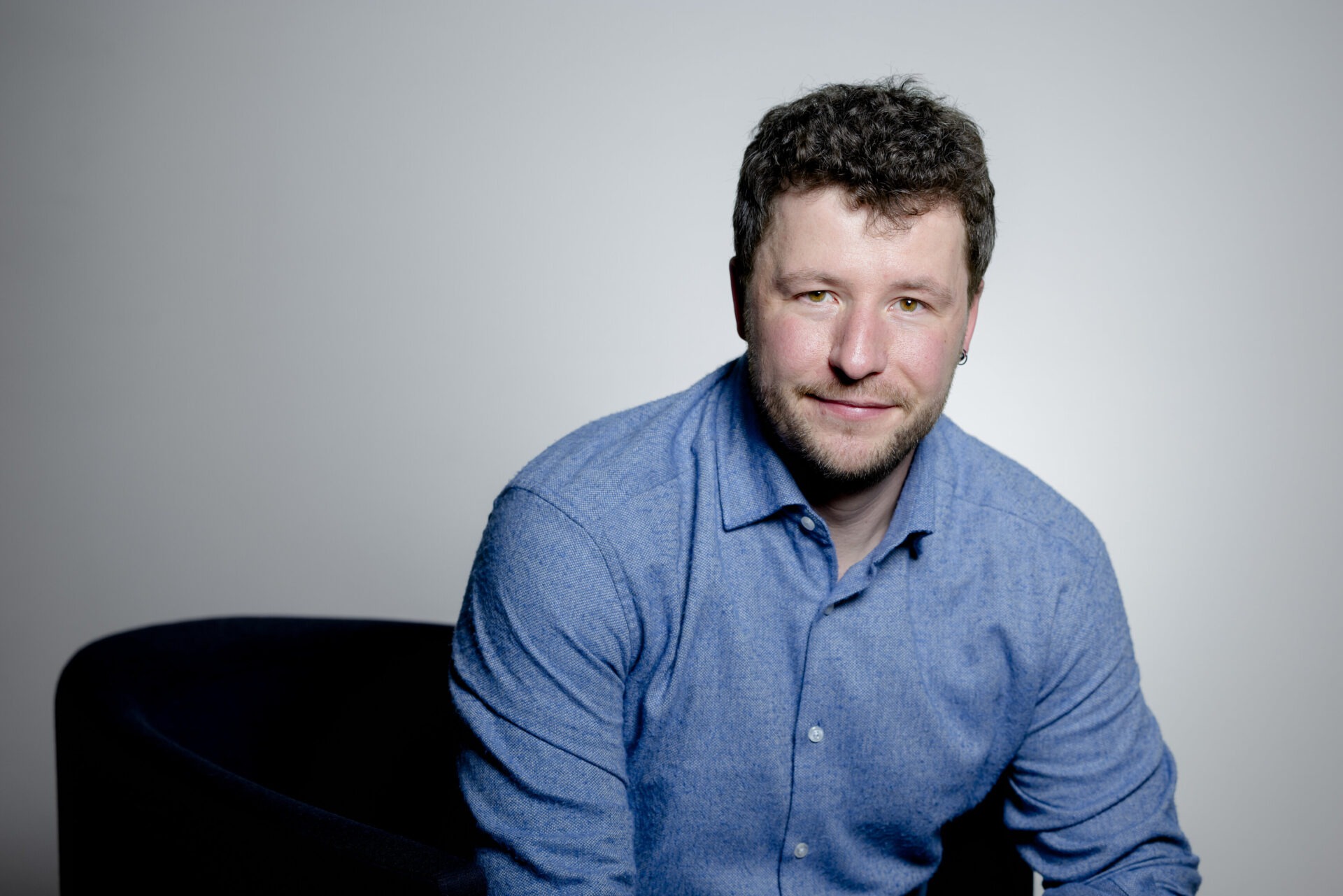Tom Langbehn
Tom Langbehn is a marine evolutionary ecologist and an “ocean-going modeller” with a keen interest in global change ecology, evolution, and sustainable fisheries. He has a special fascination with polar ecosystems, particularly their extreme seasonality, and how life operates in the vast expanse and perpetual twilight of the mesopelagic zone. His work combines theory and modelling with observations and field experiments, helping him explore the mechanisms that drive how life in the ocean functions, including what creates, maintains, and shapes diversity in traits, functions, species, and strategies across latitude, season, and depth.
Specifically, his research focuses on pelagic ecology, examining how the environment, predators, and prey collectively influence the abundance, distribution, and behaviour of zooplankton and fish. Tom holds a PhD from the University of Bergen, Department of Biological Sciences, and completed postdoctoral research at the University Centre in Svalbard and at UIB, including a year-long research stay at the British Antarctic Survey in Cambridge. He currently works as a researcher in the Theoretical Ecology Group at the University of Bergen.
The open ocean, though often seen as a low-productivity “marine desert” hosts 1–16 billion tonnes of small fish that hide in the in the ocean twilight zone at depth, possibly the most abundant vertebrates on Earth. Research has focused on their vertical movements, but little is known about their horizontal drift and role in nearby shallow ecosystems. The DRIFT project investigates how mesopelagic organisms carried by currents when flushed into the light can fuel feeding hotspots and support predators around banks, seamounts, and canyons. Using modeling, survey data, and detailed process-based studies from a TMF-funded 2026 research cruise, DRIFT maps where and how these ocean “food conveyor belts” shape the structure and dynamics of receiving ecosystems. The project brings together collaborators from the Department of Biological Sciences, the Bjerknes Centre for Climate Research at the Geophysical Institute, the University Museum, and Havstovan in the Faroe Islands.
Medialinker
- uib.noUiB article about the 2024 TMF Starting Grant winnersDecember 2024

